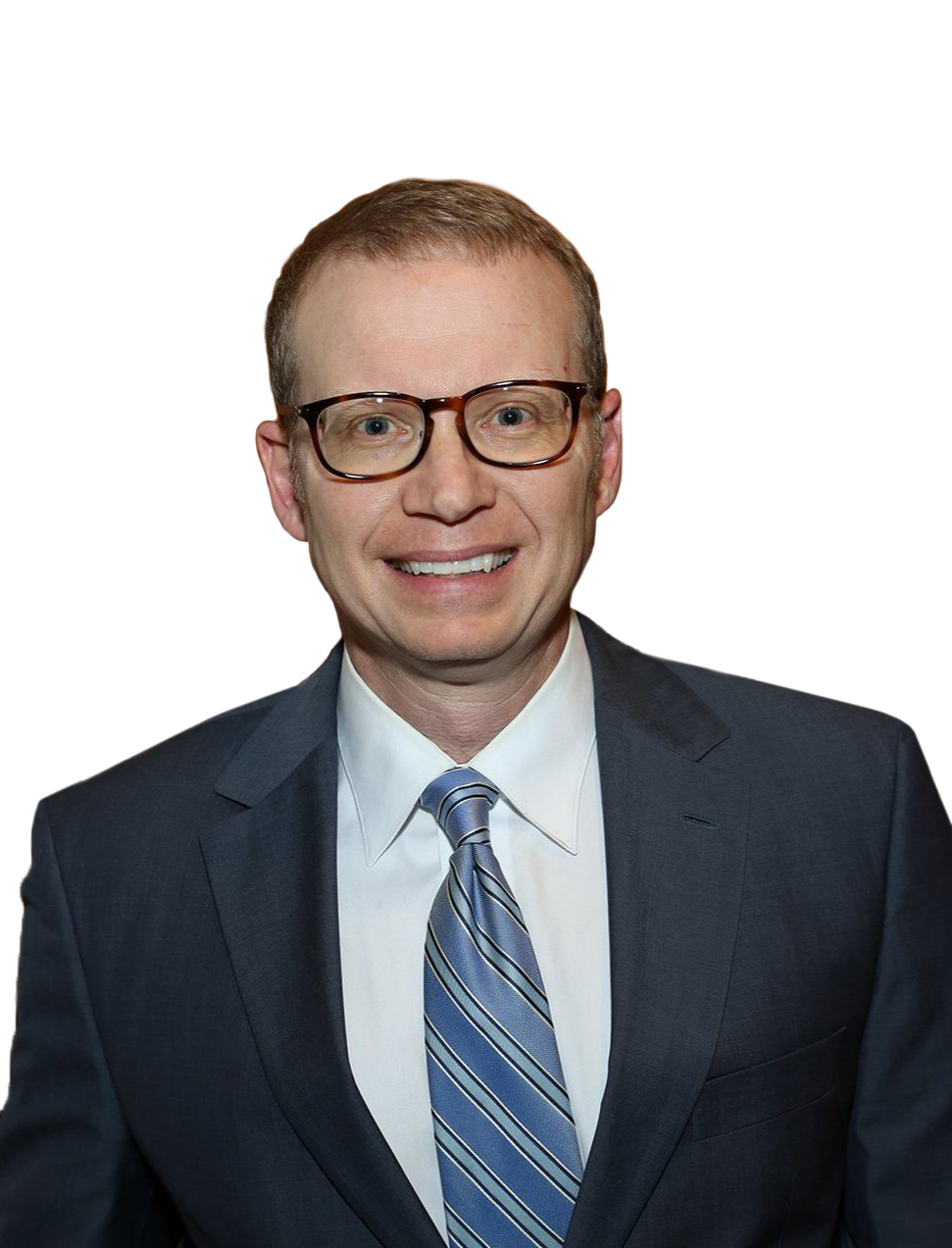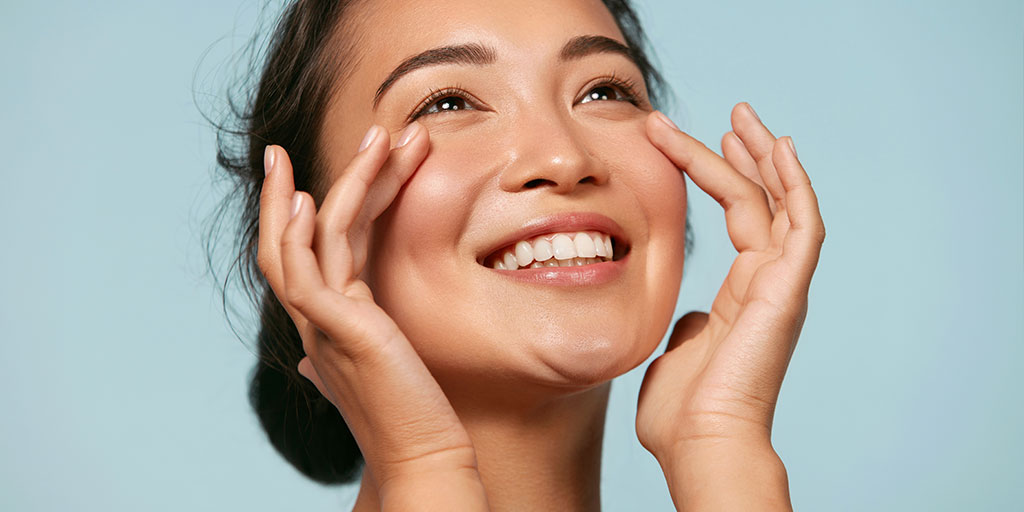How to Prepare for Rhinoplasty
Posted By:
Dr. Chris Schaffer
Read Time: ~ minutes
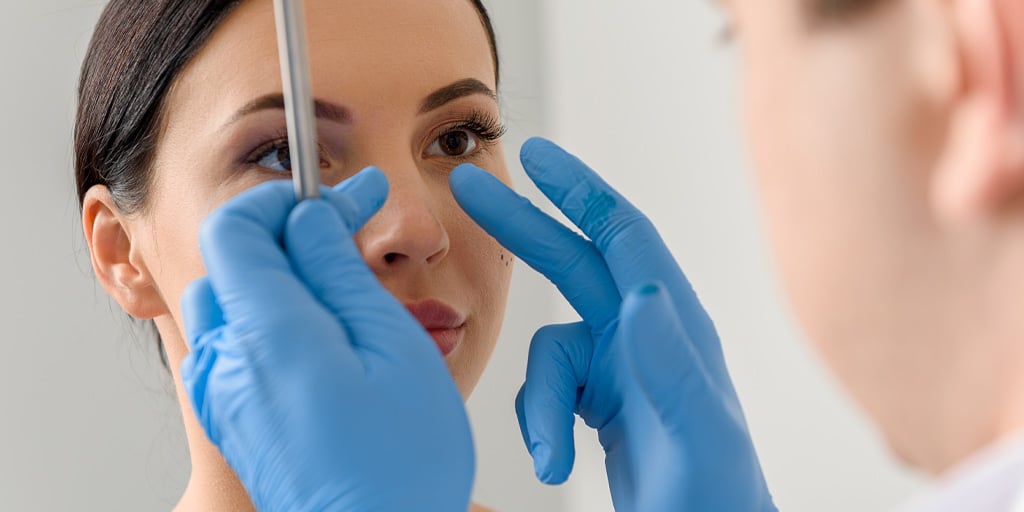
Selecting Schaffer Plastic Surgery for your rhinoplasty procedure is the first of many important steps taken toward investing in greater self-confidence and self-image through a highly individualized procedure. Our board-certified plastic surgeon, Dr. Christopher Schaffer, is a rhinoplasty expert who always values the unique goals and expectations of his patients. As your procedure date approaches, there are a few things to keep in mind to make sure you are in your best health and prepared for optimal results and a safe recovery.
Through healthy habits and preparation before your rhinoplasty, you and your body will be primed for the procedure and subsequent recovery. By taking steps to set up your house and schedule for the days and weeks following your procedure, you will be ready to optimally rest, recover and enjoy your beautiful results as soon as possible.
How to Prepare Your Body for Rhinoplasty
As you prepare for rhinoplasty, there are several things you can do to make sure your body and home are ready for your post-surgery recovery. In the days leading up to the procedure, you should avoid alcohol and choose to eat nutrient-rich foods that are high in vitamins and minerals. This is also the time to stock up on soft foods which will be easier to eat following surgery, as there will be some soreness and limited mobility in your face and mouth region.
Beginning two weeks before surgery, you should avoid aspirin, ibuprofen, naproxen and other non-steroidal anti-inflammatory medications, as well as vitamin E and herbal supplements. You should also refrain from smoking during this time period and avoid sunburns by wearing at least SPF 30 or higher each day.
How to Prepare Your Home for Rhinoplasty Recovery
It is important to prepare your physical recovery space to allow for comfort as your body heals after rhinoplasty. In addition to purchasing soft foods to eat after your surgery, you should arrange your mode of transportation both to and from Schaffer Plastic Surgery, as you will be unable to drive immediately after surgery. It is also helpful to have an at-home caretaker who can help you in the first few days of your post-surgery recovery. Most patients are able to return to work about one week after rhinoplasty, although there may be some residual swelling at that time. To allow your body the appropriate time and environment to heal, it is recommended to take at least one week off from work.
There are also several non-prescription items that are helpful to have on hand for your rhinoplasty recovery, including a saline nose spray, Vaseline ointment and a stool softener (some patients have decreased bowel activity as a result of pain medication and anesthesia).
Start Living Life Beautifully
Schedule a ConsultationPreparing for the Day of Your Rhinoplasty
As with most surgeries, you should not eat or drink anything, including water, after midnight the night before your rhinoplasty. If you have essential medications, Dr. Schaffer will talk with you about when to take them. For optimal comfort, you should wear loose-fitting clothes that can be easily removed. You should also not wear any make-up or contact lenses the day of the procedure.
Because rhinoplasty is an outpatient procedure, it will be performed in the comfort of Schaffer Plastic Surgery’s state-of-the-art surgery suite and you will be able to return home the day of your surgery. The facility offers ample, convenient parking and a well-appointed waiting room for the comfort of your loved ones.
After Your Rhinoplasty
Following your rhinoplasty procedure, your nose will be fitted with a splint on the outside of your nose and potentially an internal splint if work on the septum is performed. This is a fragile area as it recovers, and it is important to keep the inside of your nose moist with nasal saline spray and antibiotic ointment. You should also avoid blowing your nose for two weeks. To minimize swelling, keep your head elevated and apply iced gauze pads to the eyes and cheeks.
It is important to keep your outer splint dry as you recover. The splint around your nose will be removed a week following the procedure at your follow-up appointment. Tape will be placed for an additional week. Other things to avoid include extreme physical activity and sun exposure, and once your splint is removed, sunglasses or glasses should only be worn in a manner that avoids pressure on the bridge of the nose.
If you are interested in refining your appearance through rhinoplasty, schedule a consultation with Dr. Schaffer today. At your appointment, Dr. Schaffer will be able to answer any questions you may have and offer expert insight into how your unique goals can be met.
Rhinoplasty Gallery <p><small>Actual patients and results. Please note results may vary.</small></p>
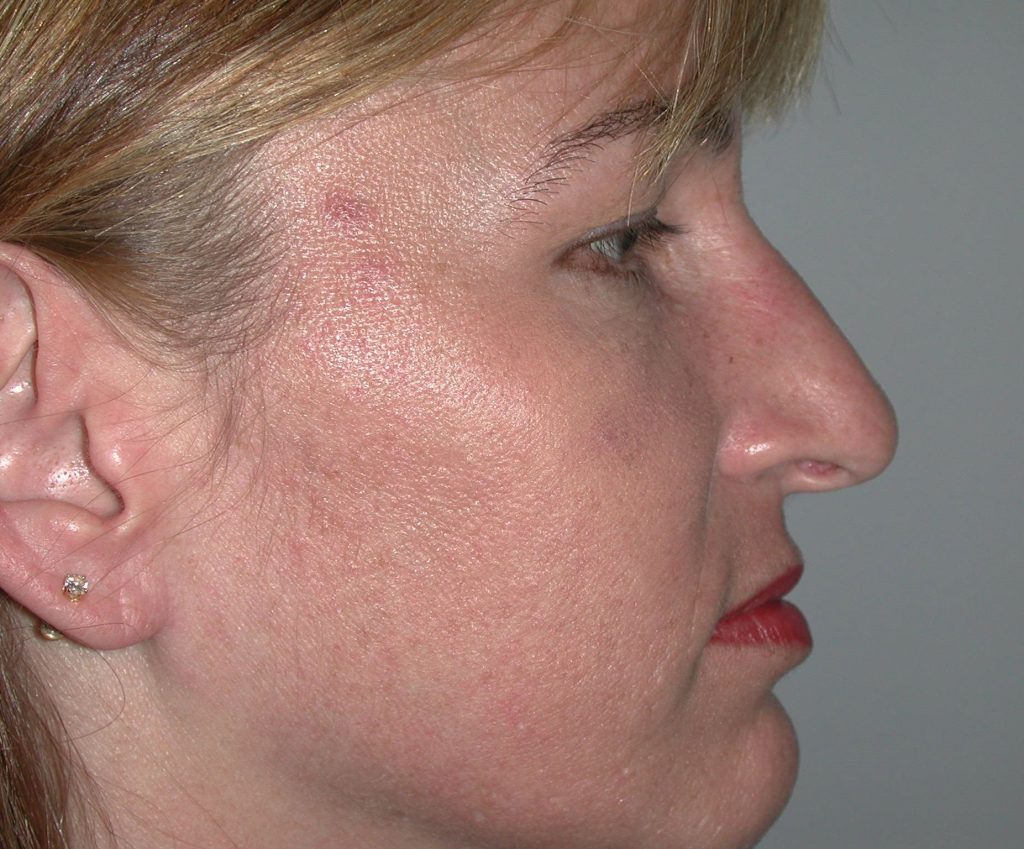
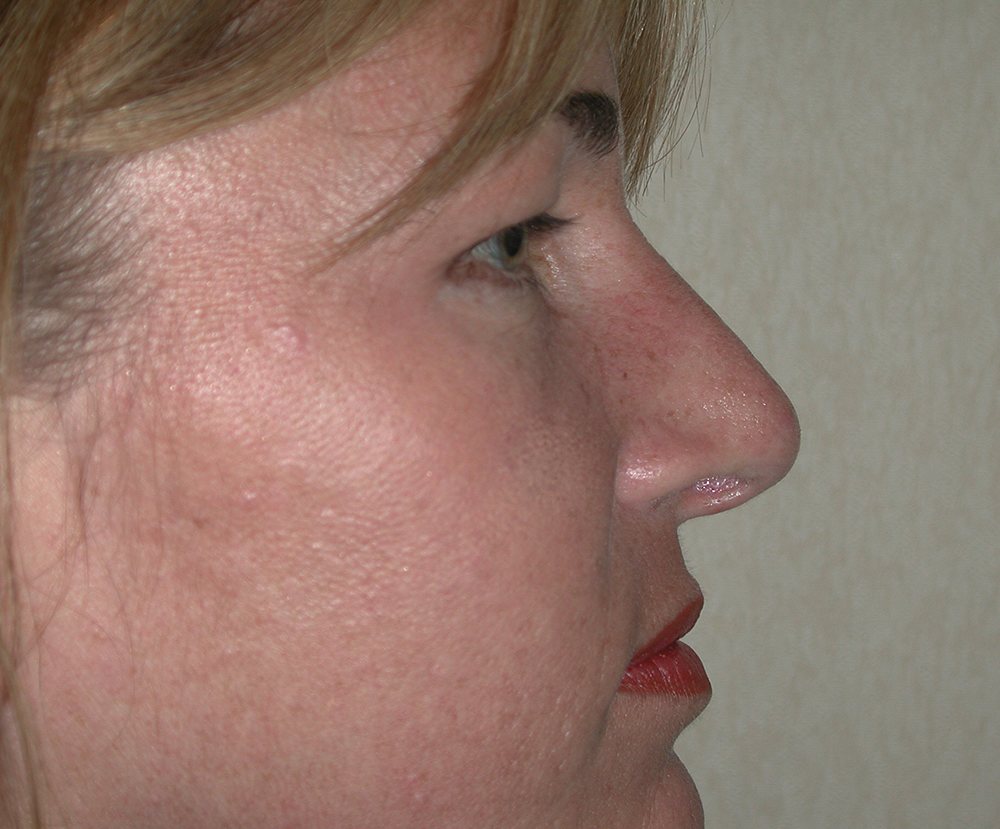
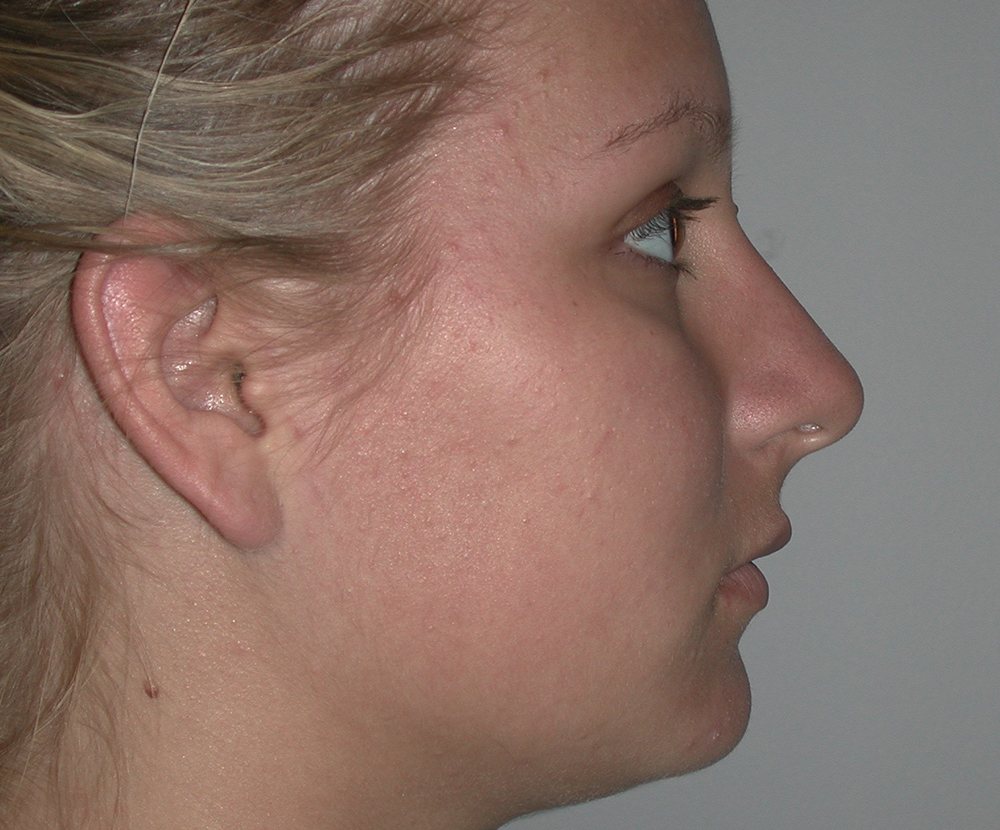
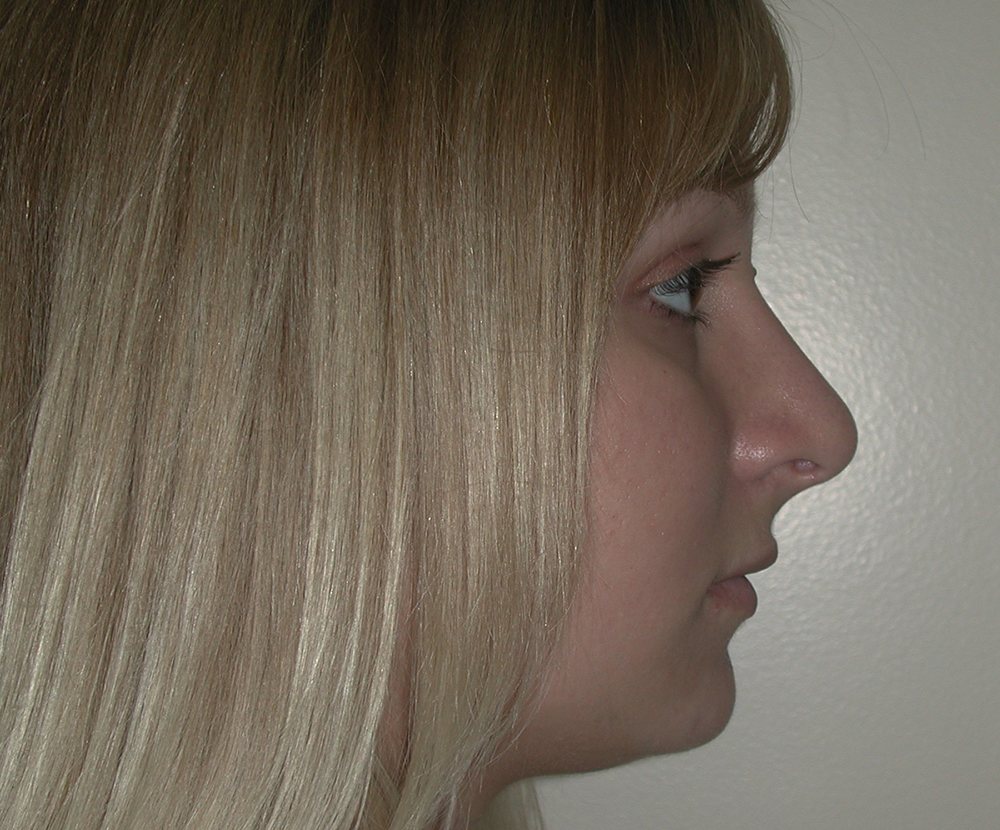
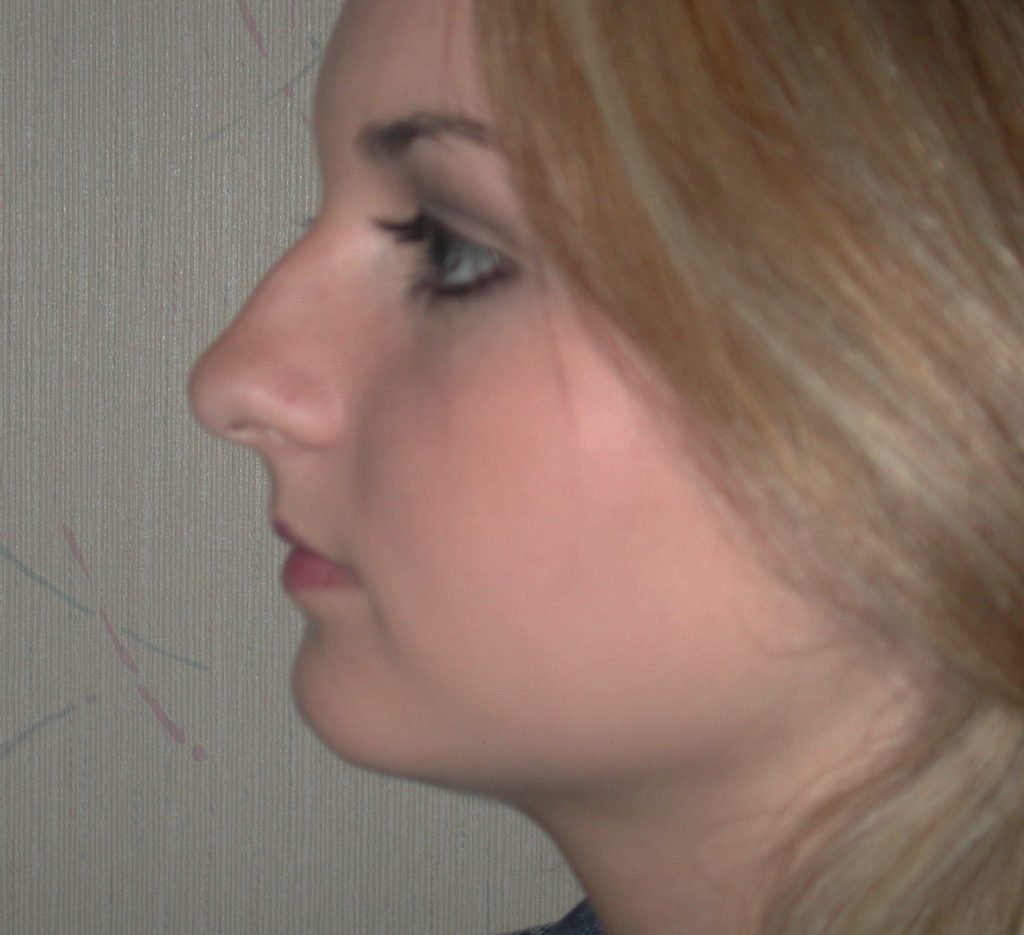
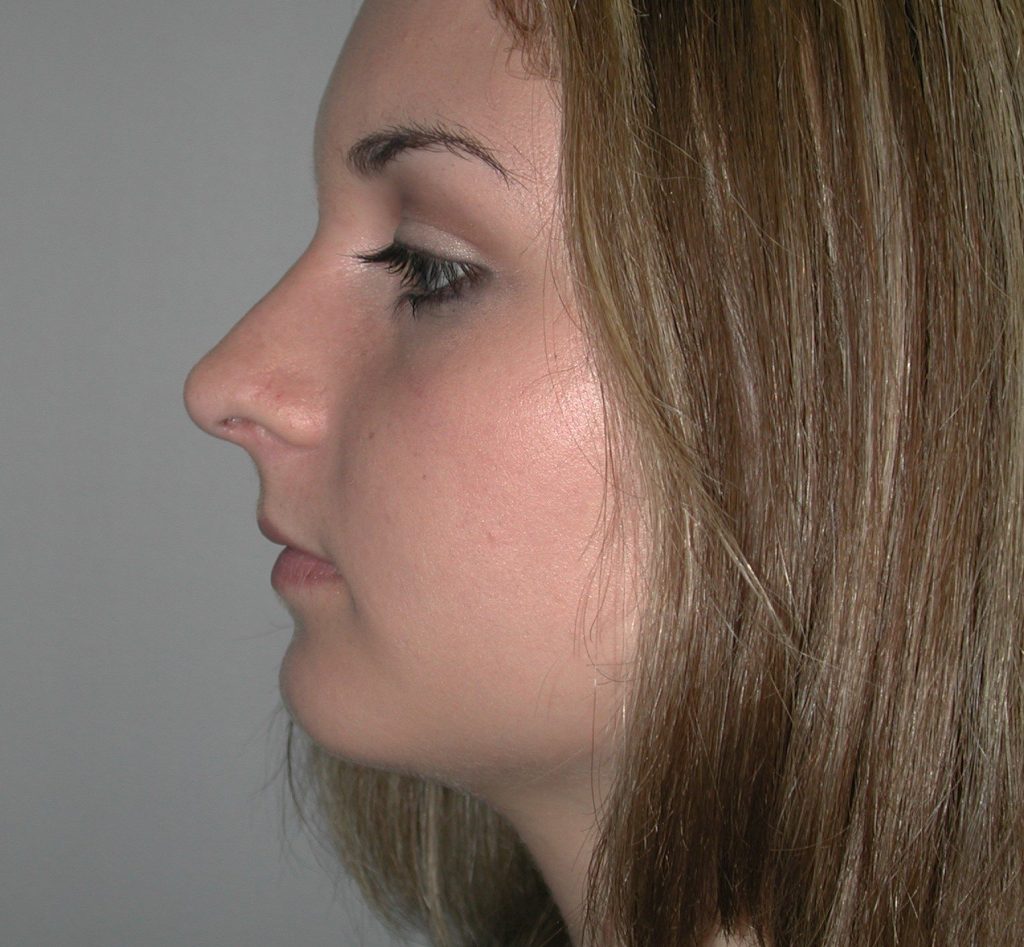
Gallery
View Gallery